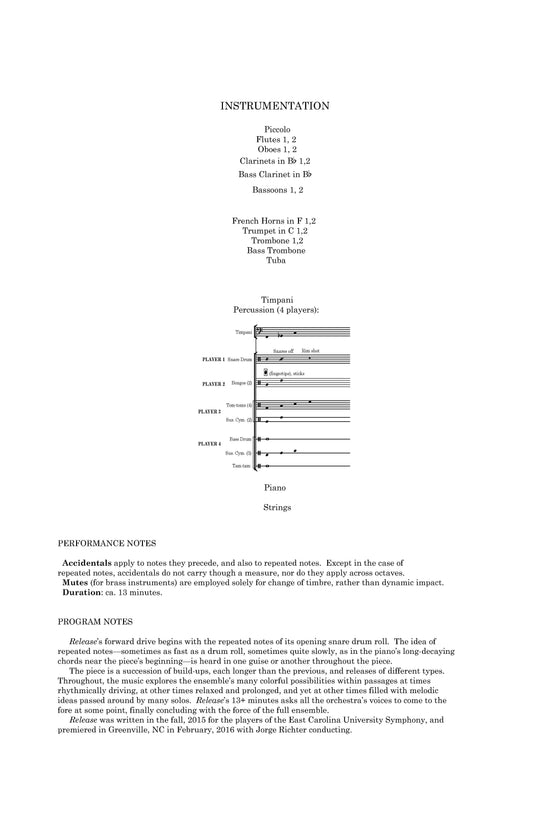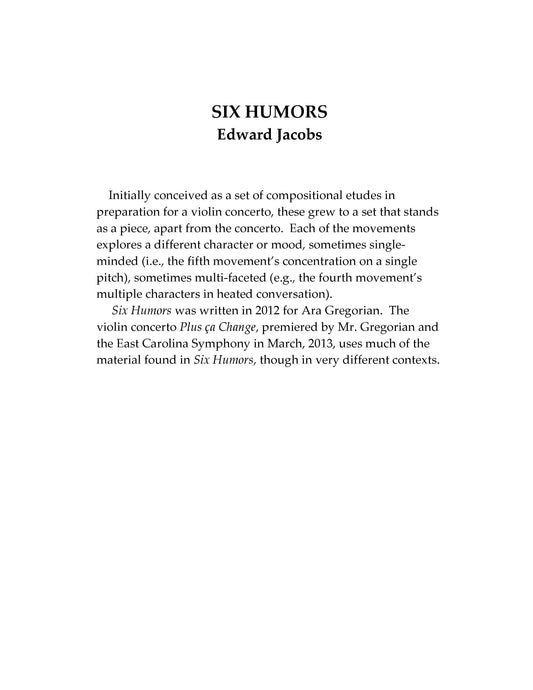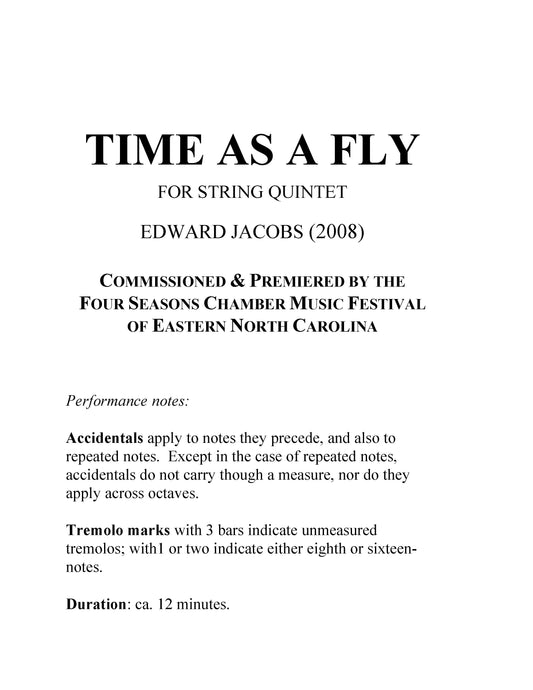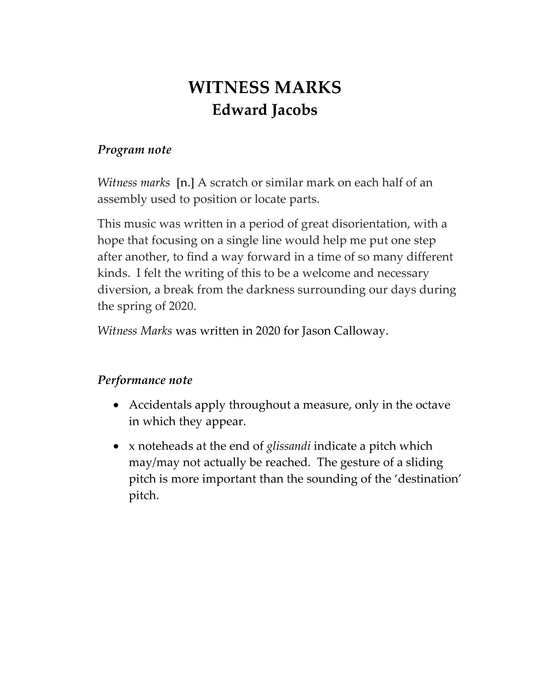Collection: Jacobs, Edward
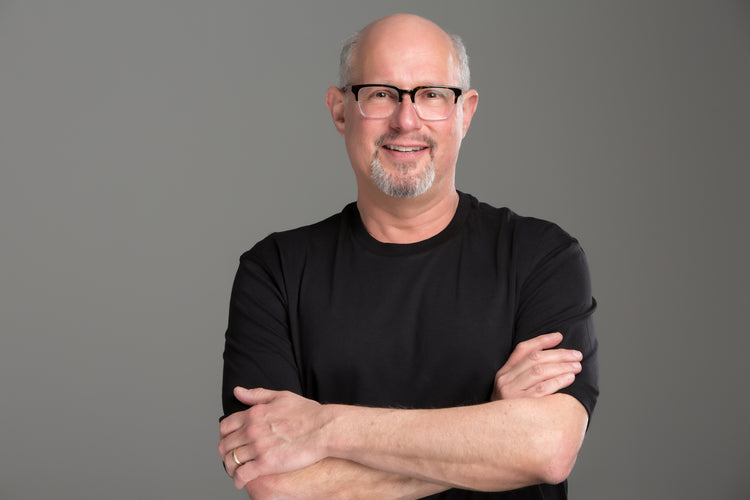
Edward Jacobs began playing violin at age 8, but abandoned that at age 11—upon hearing a friend’s jazz quartet—in favor of the saxophone. Work at the University of Massachusetts, Amherst in jazz performance (Jeff Holmes, Fred Tillis), and then in composition (Salvatore Macchia, Robert Stern) was followed by study at the University of California, Berkeley in composition (Andrew Imbrie, Olly Wilson, Gerard Grisey); and Columbia University (Chou Wen-Chung, Mario Davidovsky, Marty Boykan, George Edwards).
Jacobs work as a composer has been recognized by a Guggenheim Fellowship, and a Charles Ives Award of the American Academy of Arts & Letters. The Academy’s citation reads “Jacobs’s music masters the ‘virtual’ and ‘real’ sound habitats and embeds them into a unified and consistent single space with grace, broad orchestral imagination and expressivity. Jacobs’s music is immediately engaging, attractive and intellectually demanding.
His music is written for forces ranging from soloists to chamber ensembles, orchestra, concerto, choral, and electronic media. His music is published by C. F. Peters Corp., NY, ACA, and APNM. Recordings by Chris Grymes and Xak Bjerken of Aural History (clarinet & piano), and A Function of Memory are available on Open G Records (A Function of Memory); Passed Time (brass quintet) is on the Meridian Arts Ensemble’s Seven Kings, Innova Records (No. 943); and Release is forthcoming on Ablaze Records Orchestra Masters series.
Jacobs began teaching at East Carolina University in 1998, where he has received three Research/Creative Activity Grants, a Teacher-Scholar Award, and has been Robert L. Jones Distinguished Professor of Music since 2014. He is the founding director of NC NewMusic Initiative, begun in 2001; and also created the “Young Composers Project,” a collaboration with general music teachers in the Pitt County (NC) Public Schools, which seeks to make the creation of music a fundamental part of our childrens’ education.


